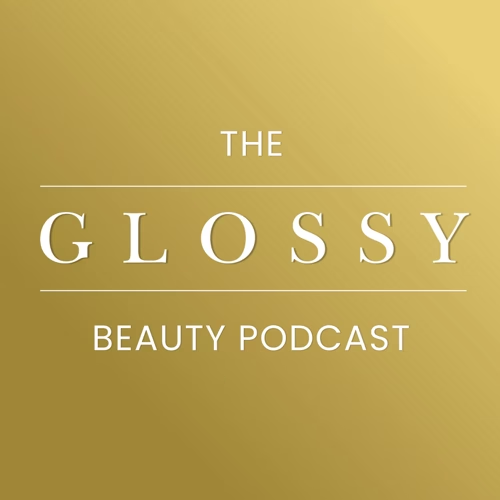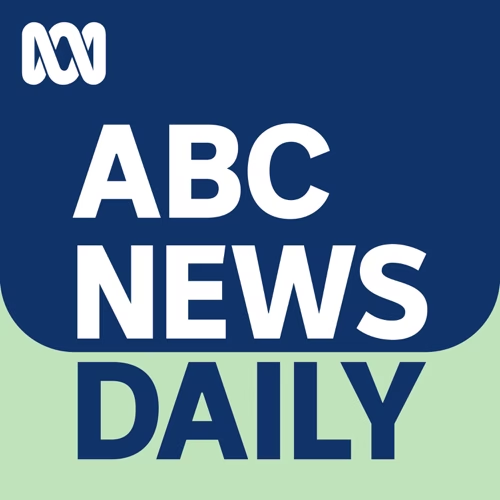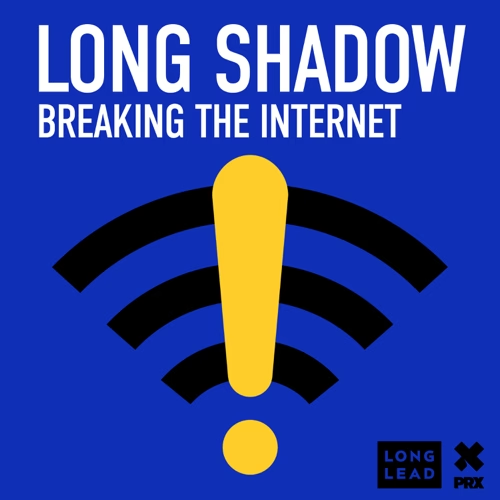

The Glossy Beauty Podcast
The Glossy Beauty Podcast is the newest podcast from Glossy. Each episode features candid conversations about how today’s trends, such as CBD and self-care, are shaping the future of the beauty and wellness industries. With a unique assortment of guests, The Glossy Beauty Podcast provides its listeners with a variety of insights and approaches to these categories, which are experiencing explosive growth. From new retail strategies on beauty floors to the importance of filtering skincare products through crystals, this show sets out to help listeners understand everything that is going on today, and prepare for what will show up in their feeds tomorrow.
Avsnitt
Podden The Glossy Beauty Podcast är skapad av Glossy. Poddens innehåll och bilderna på den här webbplatsen hämtas med hjälp av poddens RSS-flöde.
En liten tjänst av I'm With Friends. Finns även på engelska.




